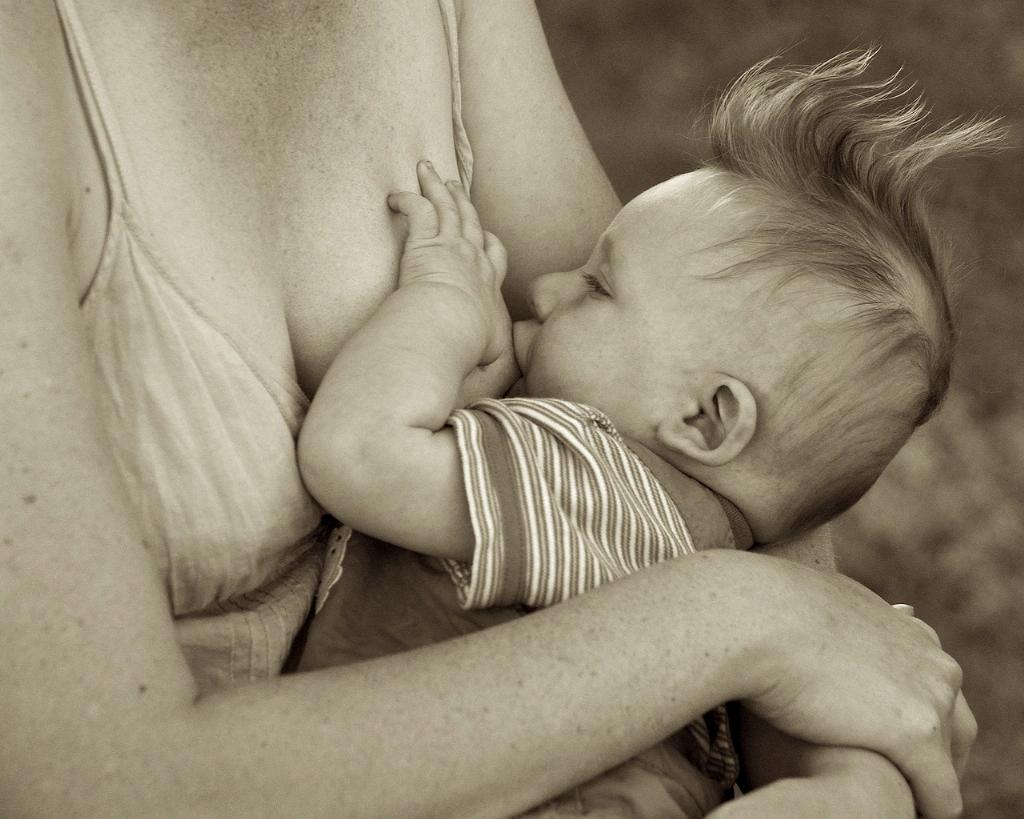Many new moms can attest to the phenomenon of feeling exceptionally drowsy after breastfeeding their babies. This common experience can be attributed to the fascinating interplay of hormones within our bodies.
One key hormone involved in this process is prolactin. This hormone plays a crucial role in lactation and is responsible for stimulating milk production. Interestingly, prolactin also has a sedative effect, promoting feelings of relaxation and sleepiness.
When a mother breastfeeds her baby, the act triggers the release of prolactin into her bloodstream. This surge of prolactin can have a calming effect on the mother, inducing a state of relaxation and making it easier for her to fall asleep after a feeding session.
Another hormone that plays a significant role in breastfeeding and its relationship to sleep is oxytocin. Often referred to as the “love hormone,” oxytocin is involved in facilitating the let-down reflex, which allows milk to flow from the breast to the baby.
Beyond its role in lactation, oxytocin also contributes to feelings of bonding and relaxation. The release of oxytocin during breastfeeding can instill a sense of calm and contentment in both the mother and the baby, further promoting a state of relaxation conducive to sleep.
It’s worth noting that the process of breastfeeding is not just a physical act but also a deeply emotional and psychological experience. The close physical contact between mother and baby during breastfeeding triggers the release of a cascade of hormones that foster feelings of connection and well-being.
These hormonal changes are not limited to the mother; the baby also experiences the calming effects of breastfeeding. The soothing sensations and comforting presence of the mother during feeding help regulate the baby’s stress levels and promote feelings of security and tranquility.
Moreover, the composition of breast milk itself can contribute to its sleep-inducing effects. Breast milk contains a variety of nutrients and bioactive compounds that support the development of the baby’s brain and nervous system, which can have a positive impact on sleep patterns.
Additionally, breast milk is rich in tryptophan, an amino acid precursor to serotonin and melatonin, two neurotransmitters involved in regulating mood and sleep-wake cycles. The presence of tryptophan in breast milk may help promote feelings of relaxation and facilitate the onset of sleep in both mother and baby.
Furthermore, the act of breastfeeding promotes the release of endorphins, often referred to as “feel-good hormones.” These endorphins can induce a sense of euphoria and well-being, leading to a state of relaxation that can make falling asleep easier for both mother and baby.
In conclusion, the phenomenon of feeling sleepy after breastfeeding is a multifaceted interplay of hormonal, emotional, and nutritional factors. The release of hormones like prolactin and oxytocin, combined with the emotional connection fostered during breastfeeding, the soothing properties of breast milk, and the impact of tryptophan and endorphins all contribute to the calming and sleep-inducing effects of breastfeeding.
So, next time you find yourself nodding off after a feeding session, know that it’s not just fatigue at play – it’s a beautifully orchestrated symphony of biological processes that are promoting rest and relaxation for both you and your little one.

